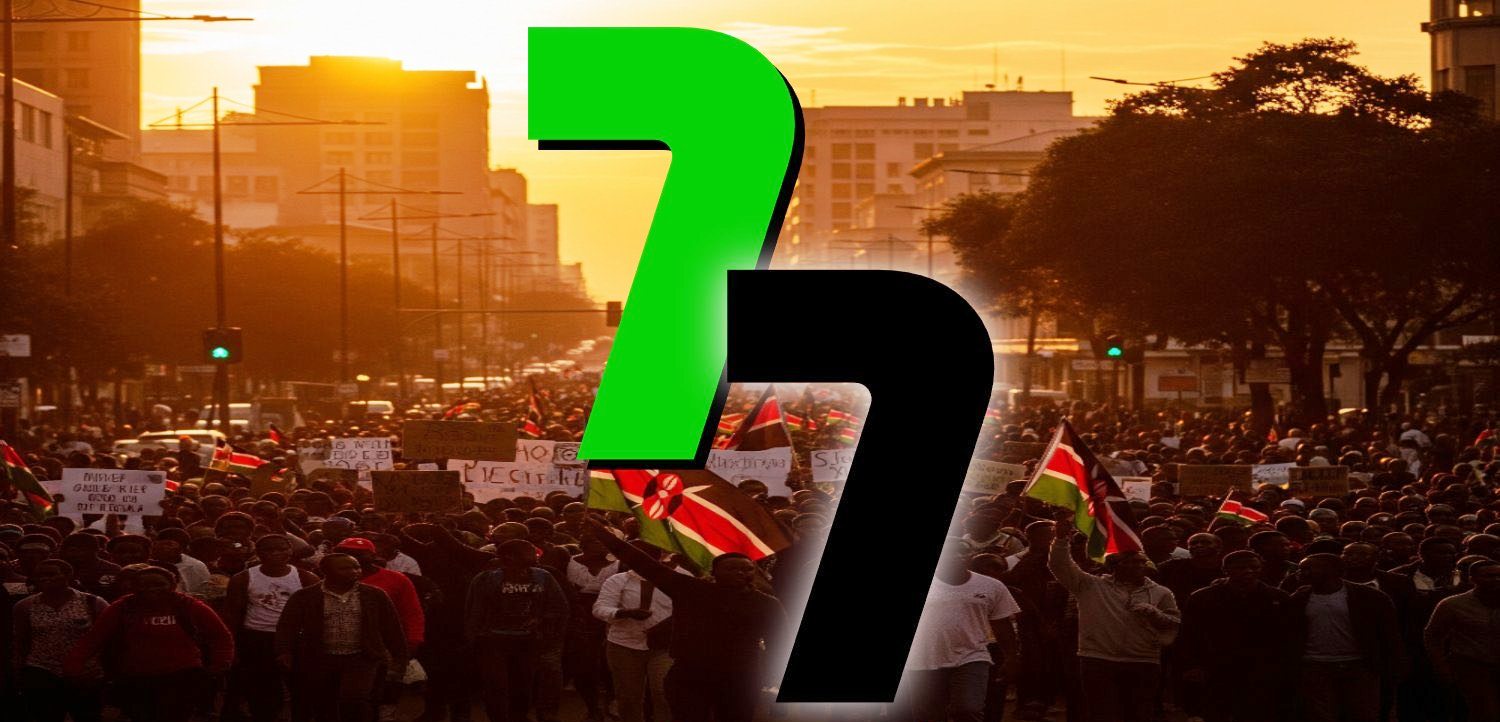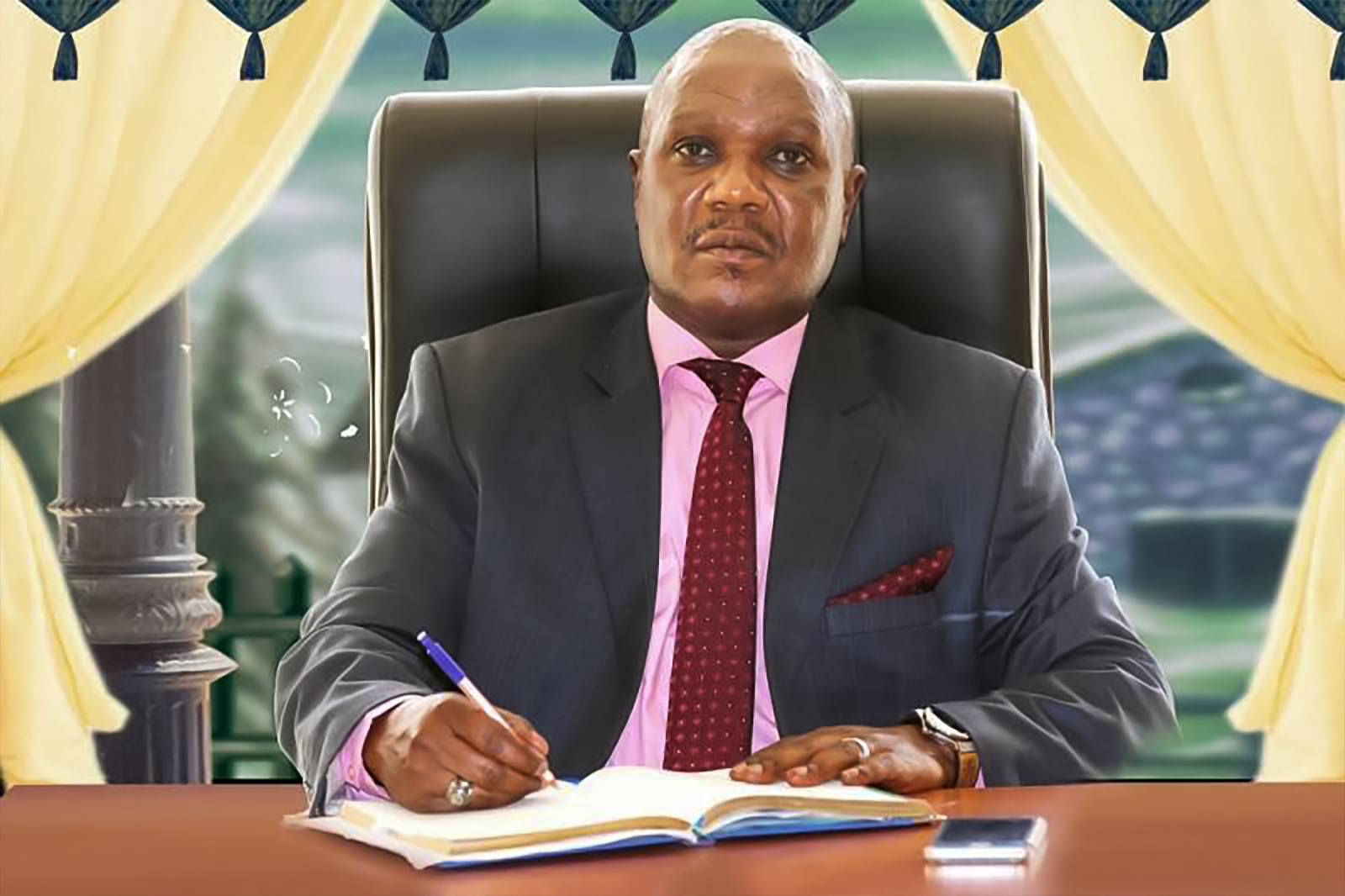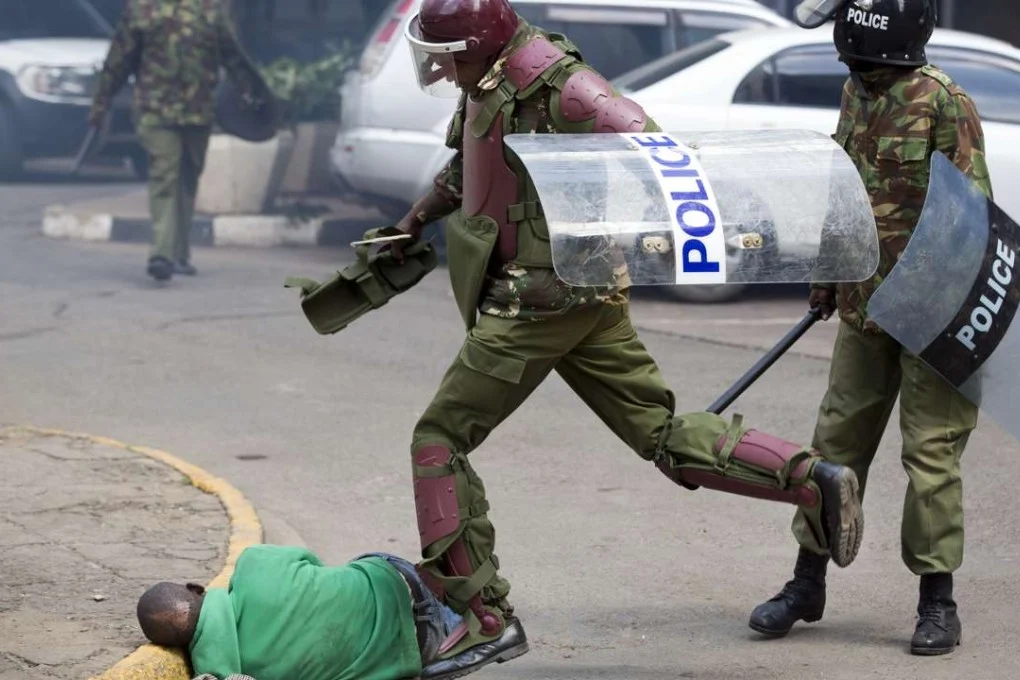In a letter delivered to State House and released publicly yesterday, the NAA called for the immediate dismissal of Interior Cabinet Secretary Kipchumba Murkomen, National Intelligence Service (NIS) Director Noordin Haji, Inspector General of Police Douglas Kanja, Directorate of Criminal Investigations (DCI) head Mohamed Amin, and Deputy Inspectors General Gilbert Masengeli and Eliud Lagat.“No Head of State should carry such a burden,” stated the letter, signed by Arnold Maliba, NAA convener, and Kennedy Ondiek, chair of the Progress Plus Alliance.
“To ease public anger and restore trust in the security sector, we urge you to relieve these officials from their positions,” the group added. Delivered just days before the Saba Saba Day commemoration, marking 35 years since the 1990 pro-democracy protests, the letter challenges Ruto’s administration amid rising public unrest, youth protests, and dissatisfaction with governance failures. Rising Tensions Ahead of Saba Saba
This year’s Saba Saba Day, on 7 July, is shaping up to be highly charged. With nationwide protests over corruption, police brutality, and economic hardship, the NAA warned that Kenya risks instability without immediate action. The group demanded an end to abductions and unlawful killings, the unconditional release of detained activists, and compensation for families of protest victims since 2024.“This administration has failed to meet Kenyans’ aspirations,” the letter stated. “Despite its Kenya Kwanza manifesto promises, the current turmoil shows the government’s plan is not working effectively.”The NAA highlighted corruption scandals allegedly plaguing the Kenya Kwanza administration, including the Global Fund/KEMSA mosquito net scandal, contaminated sugar imports, irregular fuel procurement contracts, and controversial partnerships with India’s Adani Group for airport and energy projects.
These issues, the group argued, have eroded public confidence as the cost of living rises sharply and public services falter. Youth Neglect and Proposed Reforms The NAA emphasised the neglect of Kenya’s youth, describing them as “disillusioned, unemployed, and under siege.” To address this, the group proposed recruiting 20,000 police officers and 10,000 Kenya Defence Forces personnel to create jobs and bolster security, establishing 500,000 contract teaching positions for Junior Secondary Schools, reviving youth funding programs, and holding National Youth Council elections to restore democratic representation.
The group also criticised higher education policies, urging the reversal of recent Universities Act amendments to restore student union elections, support for 10,000 students who deferred studies due to financial constraints, and a return to the former Higher Education Loans Board funding model. To avert a national crisis, the NAA advocated for a time-bound, civic-led national dialogue to address intergenerational divides, economic inequality, corruption, youth inclusion, and political accountability.
The group further called for depoliticising security agencies, arresting police and political actors implicated in protest violence, and halting provocative official statements fueling tensions.“This moment demands courage, honesty, and decisive leadership,” the letter concluded. “The future of our nation, especially the hopes of Kenya’s youth, hangs in the balance.”
[/full]





